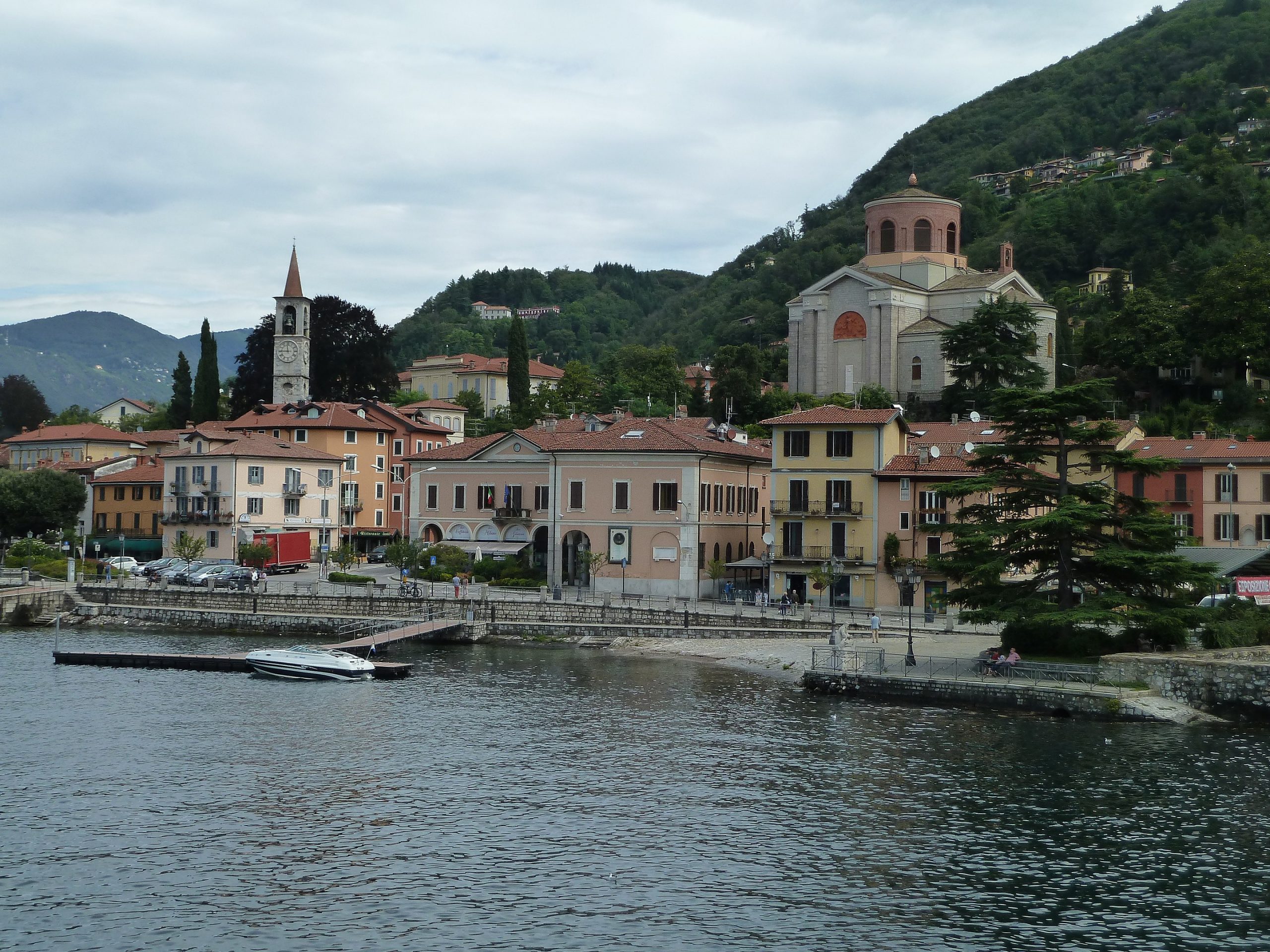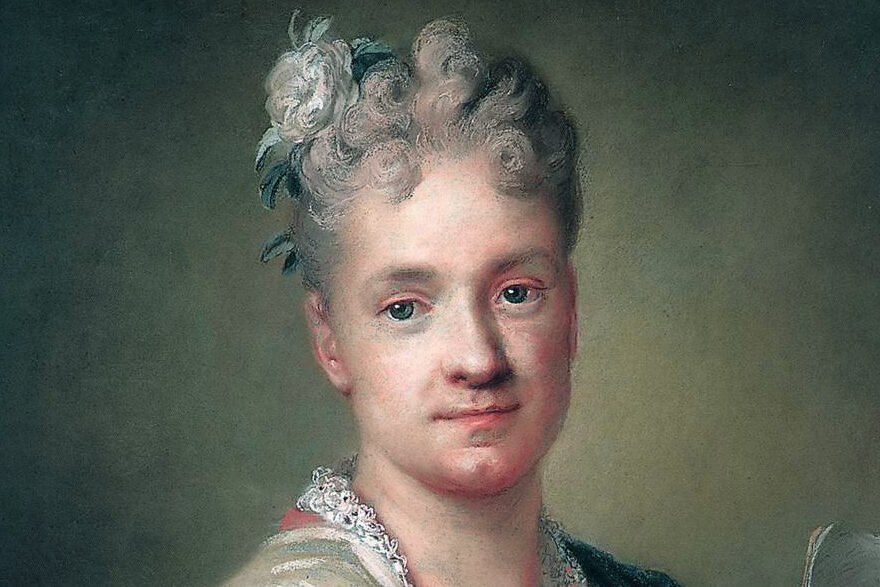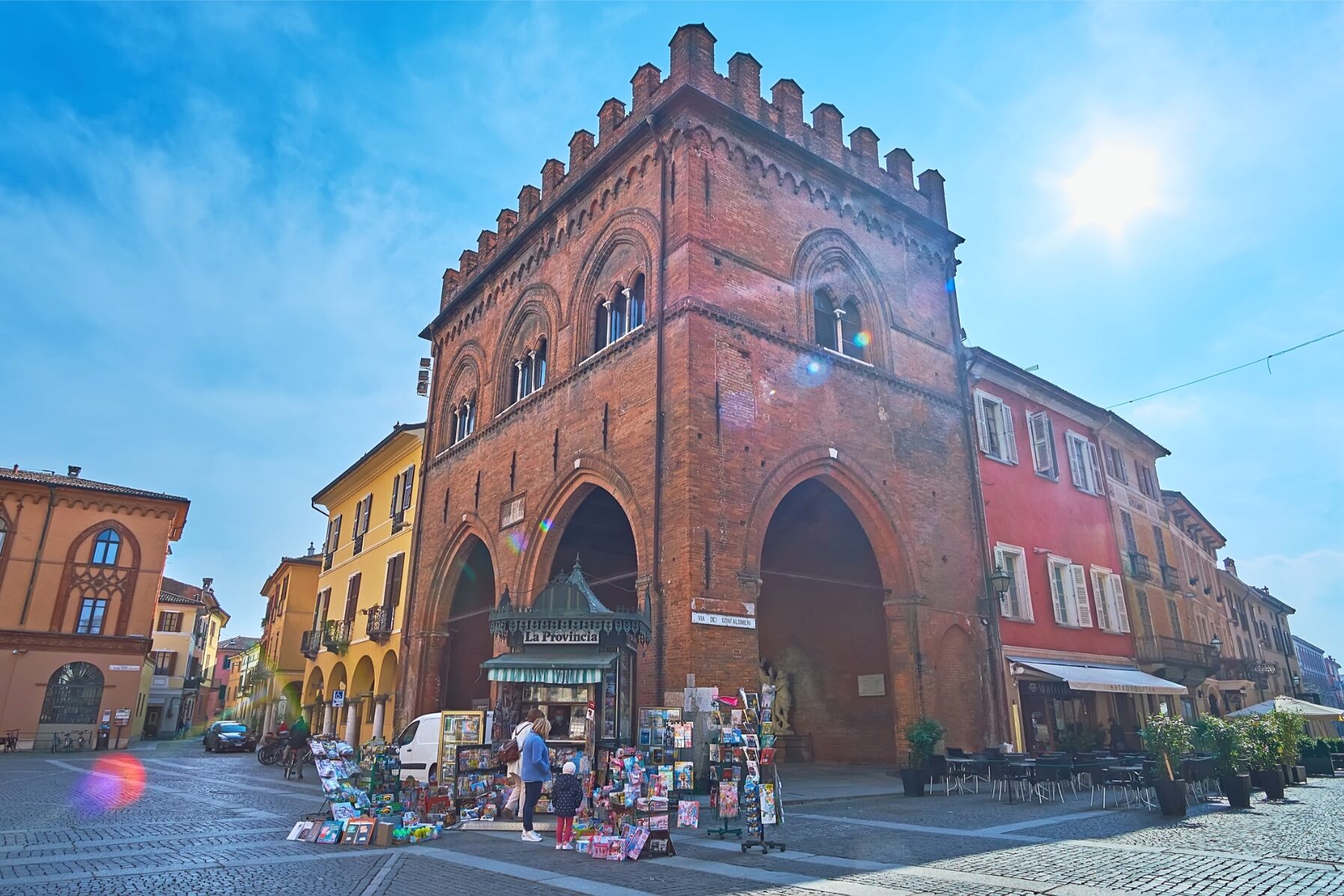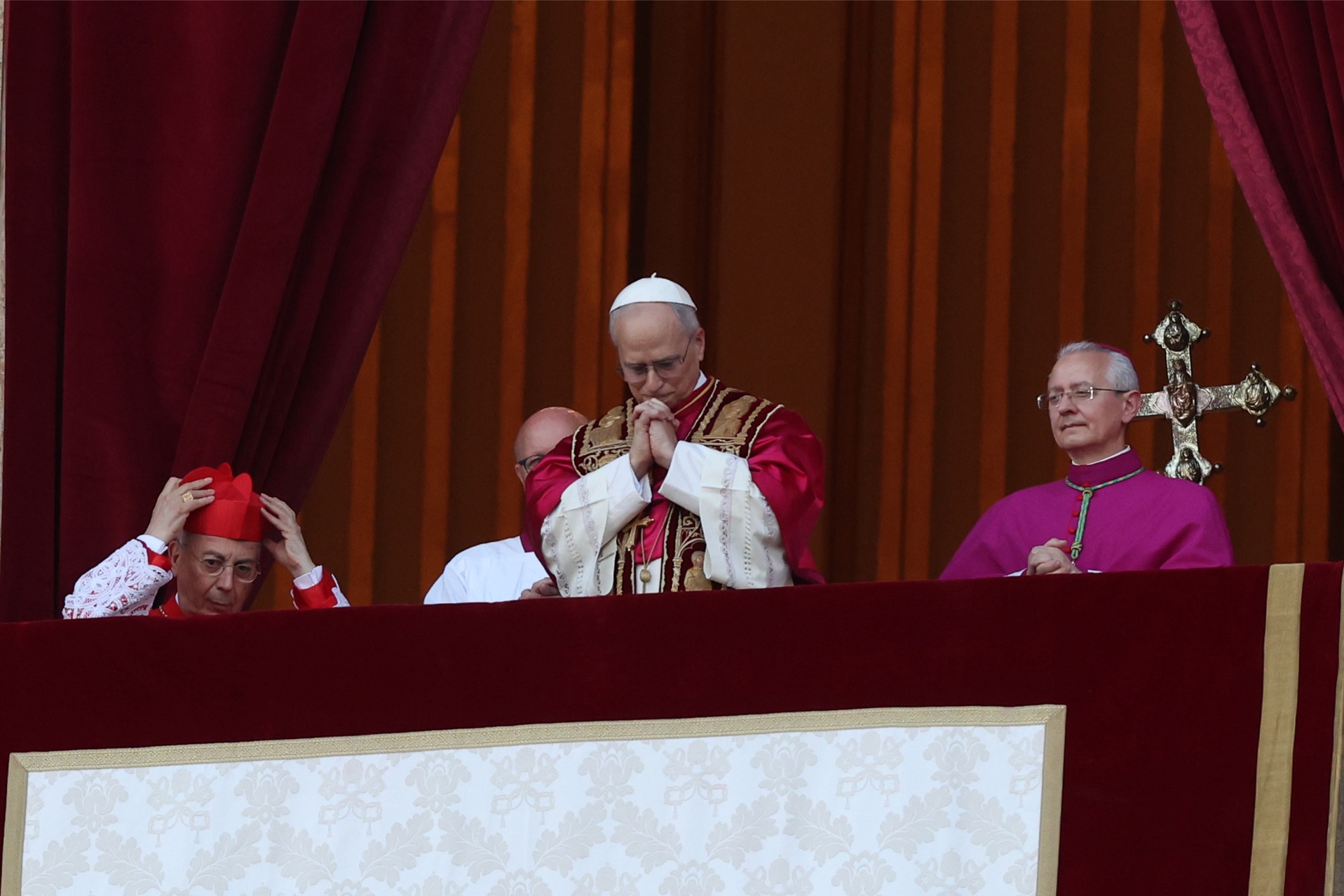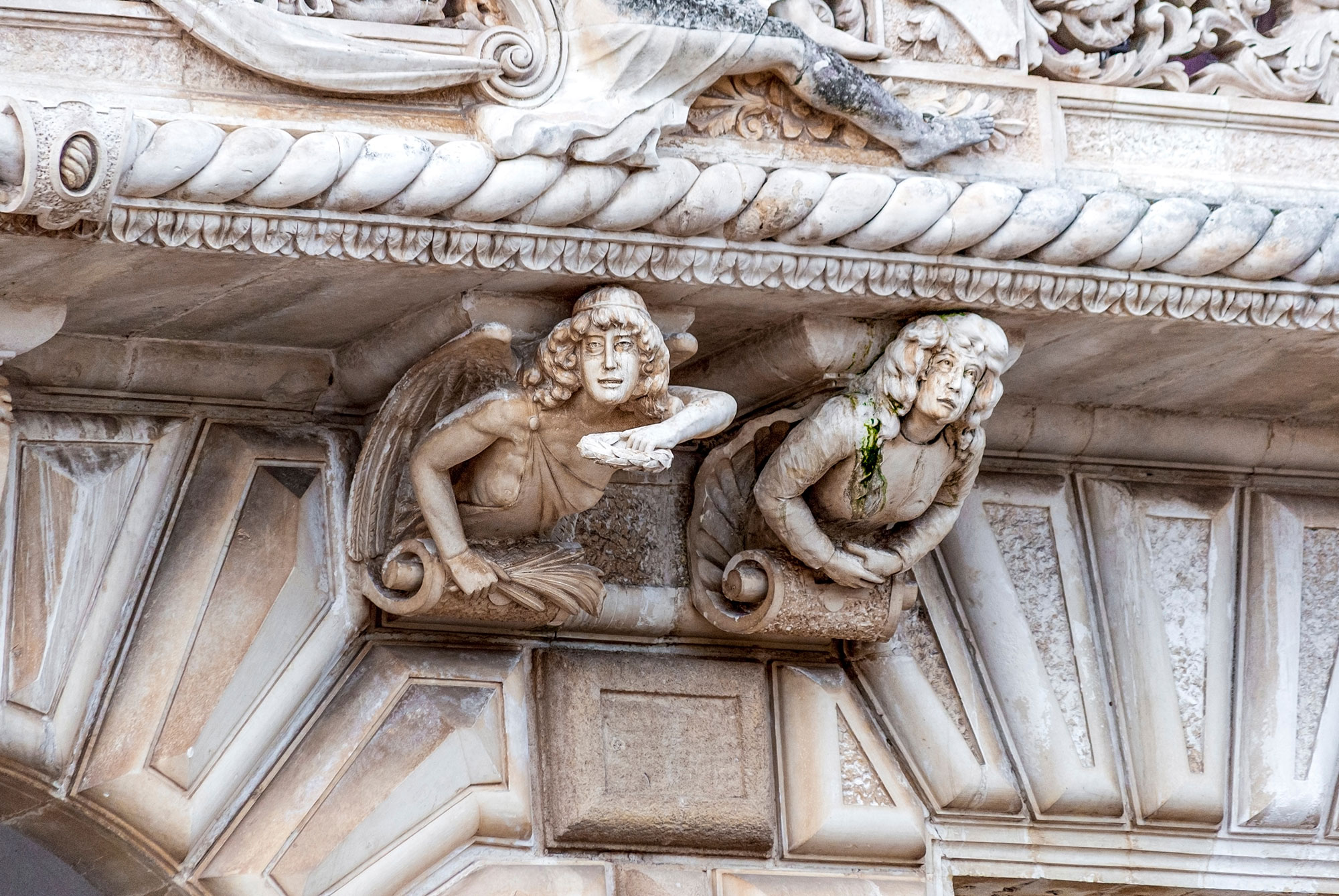Luigi Tinelli arrived in America in October 1836, but he was far from an average emigrant. All his life he was a man of impassioned action – a political activist for the unification of Italy, a lawyer, a bright entrepreneur in silk production and porcelain, a diplomat and a soldier in the American Civil War.
He walked in two continents with honor and honesty, but such commitment would result in banishment from his beloved homeland and send him to the New World.
Born in 1799 to a noble Milanese family in Laveno on the eastern shore of Lake Maggiore, he was arrested by Austrian soldiers in Milan in 1833 for his participation in the republican movement La Giovane Italia.
After 2 years in prison, Tinelli was sentenced to death, but his punishment was then commuted into perpetual exile and he was deported to New York aboard an Austrian ship.
Tinelli’s patriotic sentiments had begun to spread during his university years in Pavia. Very soon he became attracted to romantic poetry and idealist philosophy, and soon became involved in the Italian struggle for national independence.
He had just received his law degree when he joined Piedmontese revolutionaries in their failed 1821 uprising. Returning home, by the late 1820s he had established several lucrative business enterprises including silk and porcelain factories. Laveno was then one of the most important towns in Europe for the production of pottery and china.
He owned one of the most extensive cocooneries for silk production in Lombardy, yet still filled with revolutionary fervor, in the early 1830s he joined La Giovane Italia founded by Giuseppe Mazzini, most charismatic political agitator of the Risorgimento italiano. La Giovane Italia’s goals were the end of Austrian hegemony in Italy and of the temporal power of the Pope, along with Italian unity, republicanism and democracy. Later Tinelli joined the Sardinian army and organized the Chasseurs des Alpes that fought the Austrians. With his arrest and banishment, he was forced to leave Laveno with its stunning panoramas of the Alpini foothills.
Even today you can admire the beautiful family mansion Villa Tinelli, also known as Villa De Angeli Frua, now home to the Laveno City Hall. Incorporating and greatly improving earlier medieval construction, it had been the family residence since the middle of the 17thcentury during the Spanish rule in Lombardy. Today it still has a refined botanical garden worth visiting. Mount Sasso del Ferro rises above the little town of Laveno, from its summit providing one of the most scenic views of the area and also among the best spots in Lombardy to try paragliding. In the nearby village of Leggiuno, the beautiful lakeside hermitage Santa Caterina del Sasso built in the 12th century by a local merchant to express his gratitude for having been saved from the wrath of a storm is another site worth visiting.
In America, Tinelli wanted to replicate some of the life in his homeland by planting mulberries, breeding silkworms and producing silk. He had sponsors among American politicians and lawyers, according to an essay titled “Nella terra della libertà, Luigi Tinelli in America” by historian Marco Sioli, which is collected in the comprehensive book “I Tinelli. Storia di una famiglia (Secoli XVI-XX)”, curated by historian Marina Cavallera, dedicated entirely to the history of the Tinelli family.
The silk industry in Pennsylvania had just created the Silk Society and Tinelli became a public character known among American silk producers for his passionate speeches and as an appreciated writer for magazines in the field.
Tinelli created a silk operation, building a complete silk manufacturing complex in Weehauken — at the time a natural paradise in New Jersey close to the island of Manhattan — along with a magnificent holiday resort.
He quickly advanced politically in his adopted country as he became a US citizen and started a diplomatic career. In 1840 the US government appointed him consul general to Oporto, Portugal. When his diplomatic role finished, he returned to the US in 1851 and once again established a silk factory, this time in New York, where he also started a law firm to defend Italians that encountered racial prejudice and wrote about immigration for the weekly European Mercury newspaper.
In the same period he joined to the abolitionist party, and at the beginning of the Civil War became one of the founding officers of the 39th New York Infantry, or Garibaldi Guards, made up of Italians volunteers, then became colonel of his own regiment, the 90th New York Infantry, at the age of 60. During the war Tinelli recruited the Hancock Guards that were later consolidated with the McClennan Rifles. Tinelli’s two sons joined the Union as officers. In May 1863 Tinelli contracted malaria and was discharged with disability in New Orleans. He died in Key West, Florida in 1873.
